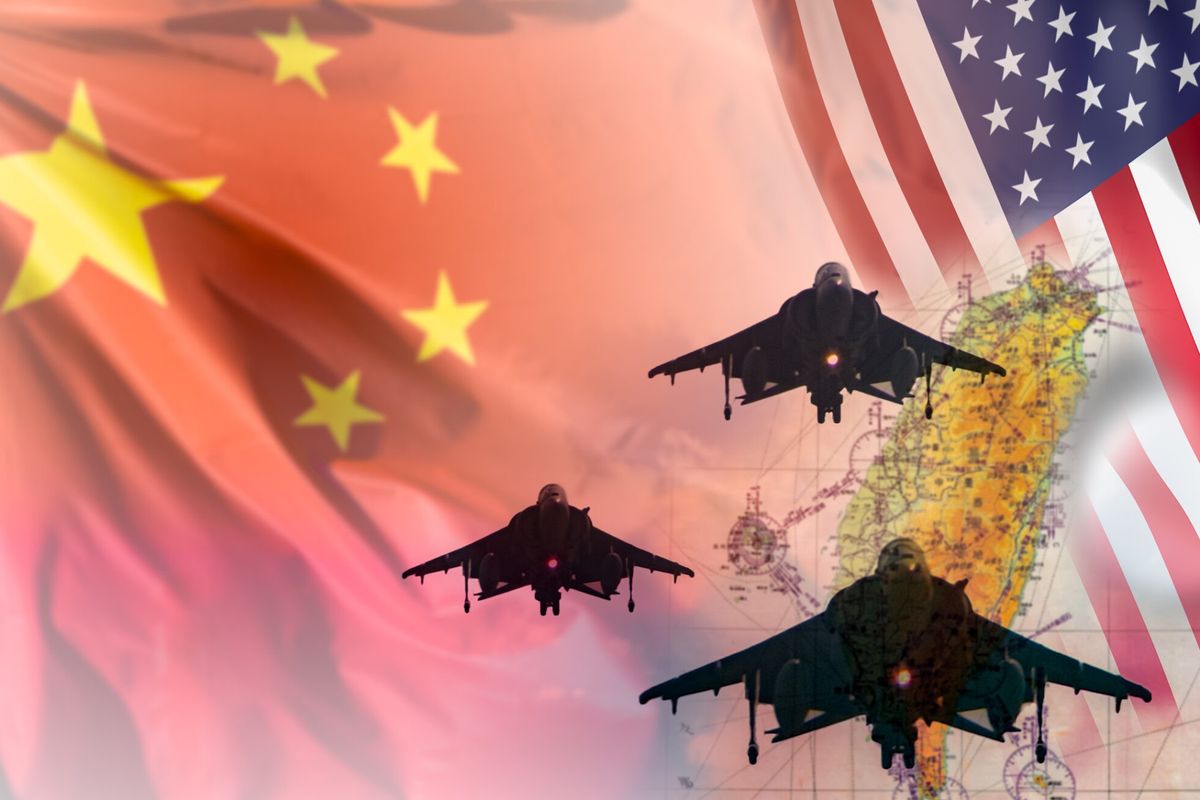President Barack Obama’s arrival in Havana, Cuba marks the first visit by a sitting U.S. President in 88 years. But more than just a warming of relations with the island nation, the visit is a symbol to the entire hemisphere.
The President will also travel to Argentina this week. It has been over 25 years since the last state visit to Latin America’s third-largest economy, and newly elected President Mauricio Macri has pledged to end a decade and a half of financial and political distance from the U.S.
The history between Latin America and the United States is fraught with feelings of neglect and manipulation. Recent years have seen the United States focused primarily on the Middle East and the pivot to Asia; its southern neighbors often felt like an afterthought. Russia and China stepped in to fill that vacuum and take advantage of the region’s resources and commodities.
Meanwhile, the so-called “pink tide” of left-wing, often anti-U.S. governments rose to power, led by Venezuela, Bolivia, and Argentina. In 2004, then-Venezuelan President Hugo Chavez formed the Bolivarian Alliance for the Peoples of Our America (ALBA) as an alternative to U.S.-led regional organizations.
When the U.S. was active in Latin America, it was most often in the context of the War on Drugs, including aggressive eradication policies as well as a heavy Drug Enforcement Agency presence.
This was not lost on President Obama when he took office. In his 2009 Summit of the Americas speech, he said “if our only interaction with many of these countries is drug interdiction, if our only interaction is military, then we may not be developing the connections that can, over time, increase our influence.” As Frank Mora, former Deputy Assistant Secretary of Defense for Western Hemisphere Affairs told The Cipher Brief, “the President, from the very beginning, has emphasized the importance of people-to-people connections. He has sought to promote and deepen the existing dense and organic relationships that go on below the level of nation-state.”
And, over the past seven years, the United States has put forward what experts see as more constructive policies than solely counter-narcotic efforts – though those remain in place. The U.S. restored diplomatic relations with Cuba, provided strong support for the government of Colombia through its peace negotiations with the FARC, instituted programs to reduce violence in Central America and attempted, though with limited success, to pass immigration reform.
In combination with these policies, widely regarded as positive for the hemisphere, the fall of commodity prices and general mismanagement have weakened the anti-American counter narrative put forward by the so-called ALBA nations. The President’s visit with Macri demonstrates this weakening – the government of his predecessor, Cristina Fernandez, cultivated a difficult relationship with the United States. Many experts believe the center-right Macri will allow for closer and more productive bilateral ties.
And with the President’s trip to Cuba this week, he will nullify what has been a symbol for nearly 20 years of resentment and mistrust between Latin American leaders and the United States. This obstacle had often hindered constructive conversation in a region that faces security challenges ranging from fragile governments such as Brazil, to the horrific violence of narcotraffickers in Central America.
The Cipher Brief’s experts have differing views on the longevity of the President’s initiatives. Mora told us the President’s primary goal will be to cement his Administration’s policies as much as possible in order to make them irreversible when a new President and Congress takes office next year. Dr. Evan Ellis of the U.S. Army War College, however, believes that “President Obama’s legacy in Latin America and the Caribbean is likely to look much less positive a year from now than it appears today.” In his view, key initiatives, such as normalization of relations with Cuba and the Trans-Pacific Partnership, may erode or fail to truly come to fruition.
Most important to the future, according to Ellis, is continuing Obama’s practice of constructive policies: “whoever is the next U.S. President would be well advised to pick up where Barack Obama started: with respect and a display of commitment to the region, reflecting its profound importance to the security and prosperity of the United States.”
The President’s visit symbolizes a new relationship with Cuba that if nothing else, can change the conversation. At the 2015 Summit of the Americas, six years after his first address, Obama said, “the shift in U.S. policy represents a turning point for our entire region…I firmly believe that if we can continue to move forward and seize this momentum in pursuit of mutual interests, then better relations between the United States and Cuba will create new opportunities for cooperation across our region.”













